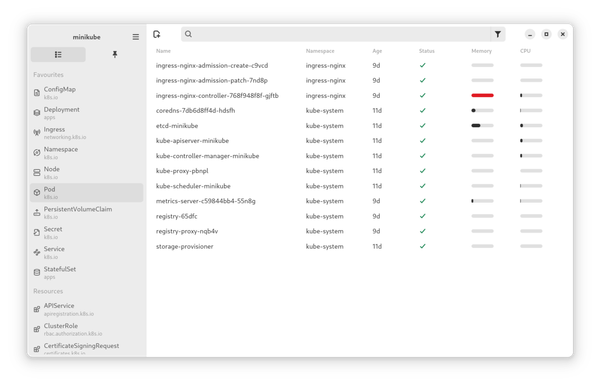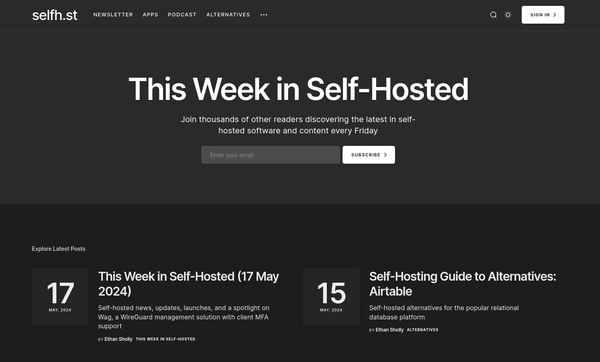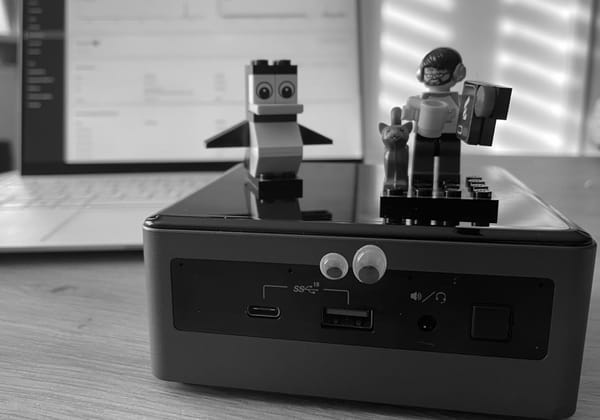Fedora - Overview
Fedora is often used synonymously for the Fedora Project, Fedora Linux distributions and Fedora as an ecosystem. All of this is true but may need some additional explanation. This article is explaining what Fedora is about and serves as a Kickoff for further Fedora related articles.

The word Fedora is often used synonymously for the Fedora Project, Fedora Linux distributions and the Fedora Ecosystem. All of this is true but may need some additional explanation. This article is explaining what Fedora is about and serves as a kickoff for further Fedora related articles.
Fedora
Fedora (the Fedora Project) is the organization, that is taking care of all the resources, contributions, organizational topics and steering. The project is mostly about defining goals for Fedora and takes care of the community as a whole. The project is defining common values and shared goals in these 4 foundations.

Freedom
Fedora is dedicated to free software and content. This is different to other distributions/projects like Ubuntu/Canonical for example.
You will not find proprietary or non-free software in Fedora Linux, with two major exceptions. First, Fedora allows binary firmware that is not executed in the OS itself but rather loaded to devices. Second, Fedora allows some content (not code) which is freely redistributable but may not be modifiable; this could include game data files and some documentation.
Fedora is providing software that is predictable and 100% legally redistributable for everyone and therefore constantly improving the Open Source ecosystem.
First
Fedora is committed to innovation in the Open Source world. Very often you can see, that Fedora adapts new technologies first. Be it Wayland as default display server, PipeWire for audio or zram.
This also means, that you will see lots of changes when going from one major version to the next one. But of course, in place updates are possible and quite stable.
Features
The Fedora community creates many of the technical features that have made Linux powerful. Fedora provides a lot of contributions, that made Open Source software more robust and flexible for a wide spectrum of users. In detail this means, Fedora will use, refine and contribute to Open Source software on the upstream projects. This is also the reason why Fedora is often considered "vanilla". The features that are needed for Fedora are developed and supported in upstream.
You can read about the "Staying close to upstream" convention on the Fedora Docs.
Friends
Fedora is a community driven project, made up by people from around the world with very different backgrounds and needs. Like every friend, one may disagree with a decision and discuss it. But, the goal should always be to serve the interests of advancing free software. You should have a look at the code of conduct to get an idea of Fedoras understanding on this topic.
Fedora is also having a strong partnership with Red Hat to enhance Open Source software even further. You can learn about this partnership here.
Vision, Mission and more
Before digging into the actual deliveries (Fedora Linux), I want to suggest having a look at the Fedora Docs Page, which is more detailed about the Project and its goals.
Fedora Linux
Fedora offers a Linux based distribution in a wide range of flavors. There are 3 major categories here: Fedora Editions, Fedora Spins and Fedora Labs.
Fedora Editions
Fedora Official Editions are the flagship variants of Fedora Linux. Most users will find something sufficient here.
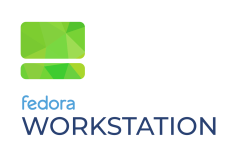
Fedora Workstation is meant to be used on Laptops and Desktops. It offers a wide range of software and tools for developers, students, editors and gamer.
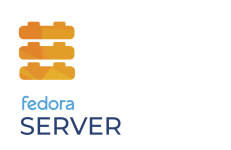
Fedora Server addresses server use cases. Features like firewalld, the Cockpit Web UI or Security Enhanced Linux (SELinux) are the core of Fedora Server.
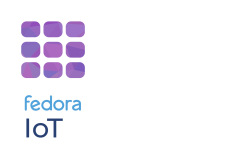
Fedora IoT is the variant for IoT devices and edge cloud computing. It offers an immutable base (rpm-ostree) and can be used on your SoC (like the Raspberry Pi).
In addition to the official editions, you can also check out emerging editions. These are meant to become official editions, but are not there, yet.

Fedora CoreOS is a minimal, container-focused variant with automatic updates. With CoreOS, you will get all the container tools (Podman, Docker) in a very slick package for the cloud or your datacenter.
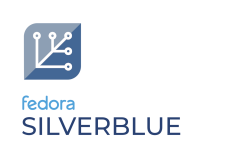
Fedora Silverblue is the rpm-ostree, Flatpak and Podman based variant with a strong focus on container workflows. You will get all the core features of Fedora Workstation + an immutable base OS.
Fedora Spins
Fedora Spins are variants of the Fedora Linux distribution, that want to showcase different Desktops and provide additional choice for you. If you like KDE, Xfce or the Cinnamon Desktop, you should give Spins a try. Please check out all available spins here.
Fedora Labs
Fedora Labs are specialized variants of Fedora Linux that address a specific use case. If you want to see applications for your Security Lab, Science use or Robotics Development in one package, you should have a look at the Labs.
Fedora Ecosystem
Fedora is more than just the provided Linux derivates. You can find a huge ecosystem around Fedora, which is helping you to get things done.
Repositories
Additionally, to the official Fedora repositories, you will find other package sources where Fedora developers are involved. These may be needed to install proprietary software (like Nvidia drivers).
RPM Fusion is the biggest and often considered "must-have" repository for Fedora Linux. You will find packages like FFmpeg (needed for Firefox video playback on some sites) or Nvidia drivers here. You will also find the Steam client here. Configuring the RPM Fusion repository is explained here for various scenarios.
Copr (Community Projects) is a service that builds your open-source projects and creates your own RPM repositories. It works quite similar like Ubuntu PPAs. The project itself is hosted on Pagure (another Fedora service). The repositories maintained at Copr are often considered as personal or unofficial, but you may find interesting packages here, that are not available somewhere else.
EPEL, is not made for Fedora, but from Fedora maintainers. The repository serves packages available in Fedora, but not in CentOS or RHEL.
Blogs & Community
In addition to the software provided, you will find other community driven or community related projects in the Fedora project itself.
The community is maintaining different ways to interact with the Fedora project. You can find people at Reddit, IRC, Twitter or even Telegram. You can find the user-community help forum at ask.fedoraproject.org. In case you want to have some project related discussions, there is discussion.fedoraproject.org.
There are also a couple of Blogs around Fedora, which are providing, news, guides or community updates. Fedora Magazine can be seen as a more user oriented Blog, where announcements and technical articles can be found. A more project oriented Blog can is the Fedora Community Blog, where you can find updates for the Fedora project itself.
Fedora based
Fedora alone is a huge project with many aspects, but there is even more around. Some projects are directly based on the work of Fedora, and I am considering them as one family. I will address each of these projects in separate articles.
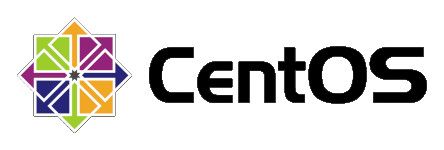
CentOS is a project, that is focussing on a more enterprise oriented aspect of Linux. You will not find the most recent software here, but a very stable base for development environments and home labs. With the recent changes (CentOS Stream), you are getting bug fixes and security fixes on a daily basis and CentOS is now "development of RHEL in public".
Red Hat offers the subscription based Red Hat Enterprise Linux distributions, based on Fedora and CentOS. Many developers working for Red Hat are also working on projects like CentOS or Fedora. There are also free services and subscriptions available for development and production.

AlmaLinux just popped up, since CentOS changed from "behind RHEL" to "before RHEL" with CentOS Stream. The project wants to provide a downstream distribution, based on RHEL package sources and will be completely free. AlmaLinux is currently in Beta and looks very promising to me as an addition to the family.
Contribute
A huge project like Fedora is always looking for contributors and support. In case you want to support your project, please check this article or use the below link to check how can contribute to Fedora.
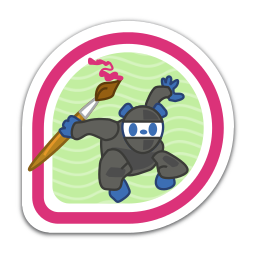
Conclusion
Fedora is more than just a Linux distribution, that can be used to develop some programs, surf the web or play some games. The ecosystem and philosophy are making it a great platform for all kind of work.
I will demonstrate some Fedora flavors and use cases in the upcoming articles. You will also see guides and tutorials for other related topics like Podman on Fedora or Ansible to automate Fedora, CentOS, etc.



